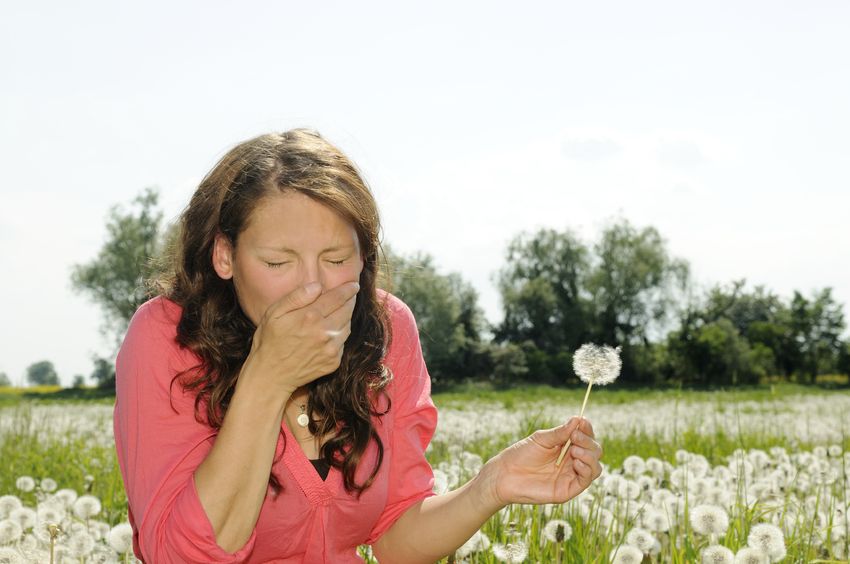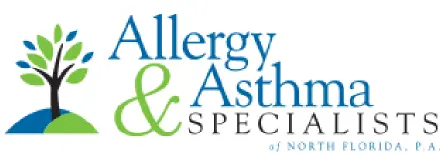7 Things You Can Do to Feel Better During Spring Allergy Season

Sneezing, runny nose, and itchy, watery eyes. The true signs that spring allergy season is here.
According to the American Academy of Allergy, Asthma and Immunology (AAAI), pollen season can begin as early as February and lasts through October–depending on weather patterns and your location. In Jacksonville however, we can count on a very long pollen season that begins in early January and ends in November!
If pollen allergies get you down, use these tips to feel better this spring allergy season.
1. Drink Lots of Water
Water is central to a healthy life. Proper hydration helps fight off excess congestion from spring allergies by thinning out mucus in your nasal passages. Drinking plenty of water also prevents allergy-related sinus headaches.
2. Avoid Being Outside During Peak Allergy Hours
Each spring, trees release millions of tiny pollen particles into the air. Simply breathing the air can cause allergic reactions. When pollen counts are high, avoid being outside as much as possible. Especially in the morning between 5 a.m. and 10 a.m., on windy days, and dry, hot days.
Protect your eyes with sunglasses and wear a mouth mask when doing yard work. Avoid bringing pollen inside your home by showering, washing your hair, and changing your clothes.
3. Track Allergy Levels on Your Phone
Use your favorite weather or allergy apps during allergy season to view daily pollen and mold count reports. Check before you head out for the day so you know what to expect.
4. Take Allergy Medications
Avoiding the outdoors in the spring isn’t always realistic. Your allergist may recommend antihistamines and decongestants which can help relieve symptoms in adults and children.
Nasal sprays can help severe allergies but don’t take effect right away. Relief could take up to a few days. If other medications don’t offer relief, your allergist may suggest allergen immunotherapy, also known as “allergy shots.” These shots contain traces of pollen and help your body build up a defense over time.
5. Prevent Symptoms Before They Start
Prevention is key. Don’t wait for your allergies to spiral out of control. See your allergist for a treatment plan before spring allergy season begins and take allergy medications at the first sign of symptoms. Start your allergy medication routine one week before allergy season to get the medicine working in your system.
6. Go All-Natural
Natural remedies may help offer relief. Of course, the best way to manage allergies without medications is being vigilant about avoiding known triggers. If you’re feeling stuffed up, nasal saline irrigation with a neti pot may help by washing away the pollens, dusts and animal dander from the lining of your nose. Saline irrigation also helps to thin nasal drainage so it can be blown out and it also gently moisturizes the lining of the nose. Products labeled “natural” or “alternative” may not be safe for all users. Some remedies can cause further allergic reactions. Consult with your allergist on which natural remedies may be right for you.
7. Allergy Prevention Starts at Home
Keep allergens out of your home by prepping your home for spring allergy season.
- Enforce a “shoes off” rule when entering your home.
- Keep windows shut and cool your home with filtered air from your air conditioner. Avoid using ceiling fans which can spread pollen around a room.
- Vacuum with a HEPA filter vacuum to suck up particles on your furniture, floors, rugs, and in the air.
- Avoid hanging your clothes outside to dry as pollen can get stuck to sheets, towels, and clothing.
Don’t let allergies get the best of you this spring. Visit us at the Allergy & Asthma Specialists of North Florida for allergy testing and a personalized treatment plan. Start your spring allergy medications now for long-term relief.
